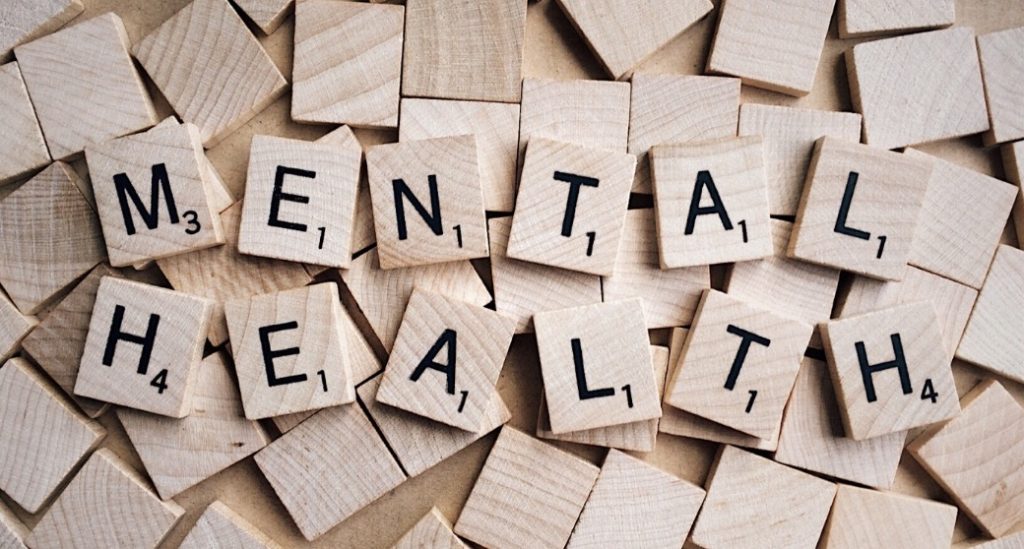Mental health is a crucial aspect of our overall well-being. It impacts how we think, feel, and act, and it affects our relationships, work, and daily life. Unfortunately, mental health issues are still stigmatized and misunderstood, which makes it difficult for many people to recognize when they need help.
If you’re experiencing changes in your routine, physical appearance, relationships, work, or engaging in toxic behaviors like abusing drugs or alcohol, it may be time to seek assistance with your mental health. In this post, we’ll discuss 7 signs that indicate you need help and provide ways to get the assistance you need.
1. Changes in Your Routine
If you’ve noticed a significant change in your daily routine, such as difficulty sleeping or lack of appetite, it may be a sign that you need help. Mental health issues like depression and anxiety can affect your sleep patterns, appetite, and overall energy level, which can make it difficult to maintain a regular routine.
2. Physical Appearance
Mental health issues can also impact your physical appearance. If you’ve noticed significant changes in your weight, skin, or hair, it may be a sign that you need help. Mental health issues like depression can cause changes in your appetite and energy levels, which can result in weight gain or loss. Anxiety can cause skin problems like acne or rashes, and stress can lead to hair loss.
3. Relationship Issues
If you’re experiencing problems in your relationships with friends, family, or coworkers, it may be a sign that you need assistance with your mental health. Mental health issues like depression and anxiety can cause irritability, mood swings, and difficulty communicating effectively, which can strain your relationships.
4. Work Difficulties
If you’re experiencing difficulties at work, such as decreased productivity or increased absenteeism, it may be a sign that you need help. Mental health issues like depression and anxiety can affect your ability to concentrate, stay focused, and complete tasks, which can impact your work performance.
5. Substance Abuse
Engaging in substance abuse like drugs or alcohol is a significant sign that you need assistance with your mental health. Substance abuse is often a way to cope with underlying mental health issues, such as depression or anxiety. However, substance abuse can make these issues worse and lead to a cycle of addiction.
6. Self-Destructive Behaviors
Self-destructive behaviors like self-harm or suicidal thoughts are also significant signs that you need assistance with your mental health. These behaviors are often a way to cope with intense emotions or underlying mental health issues. However, they can be dangerous and require professional help.
7. Feeling Overwhelmed or Stressed
If you’re feeling overwhelmed or stressed on a regular basis, it may be a sign that you need assistance with your mental health. Stress is a natural part of life, but when it becomes chronic, it can lead to mental health issues like anxiety and depression.
Getting Help
If you’re experiencing any of these signs, it’s essential to seek assistance with your mental health. The first step is to talk to a healthcare professional, such as a therapist or doctor, who can assess your symptoms and recommend the appropriate treatment.
- Therapy – Therapy is an effective way to get assistance with your mental health. A therapist can help you identify and cope with underlying mental health issues and teach you effective coping strategies. Therapy can be done in-person or online, and many therapists offer flexible scheduling options.
- Support Groups – Support groups can also be a helpful way to get assistance with your mental health. Support groups provide a safe and supportive environment where you can connect with others who are going through similar experiences. Support groups can be found online or in-person and can be facilitated by healthcare professionals or peers who have experience with mental health issues.
- Luxury Rehab Programs – Luxury rehab programs are an option for those who require a more intensive level of care. Luxury detox and rehab programs offer a comfortable and private setting where you can receive personalized treatment for your mental health issues. These programs often offer a range of therapies, including individual counseling, group therapy, and alternative treatments like art therapy and yoga.
Don’t Forget to Practice Self-Care
Self-care is an essential aspect of maintaining good mental health, no matter which route you choose to get help. Self-care can include activities like exercise, meditation, or spending time in nature. It’s important to prioritize self-care and make time for activities that bring you joy and help you feel more balanced.
In conclusion, mental health issues can affect anyone, regardless of age, gender, or background. If you’re experiencing changes in your routine, physical appearance, relationships, work, or engaging in toxic behaviors, it may be time to seek assistance with your mental health. Remember, seeking help is a sign of strength, not weakness. There are many resources available to help you, including therapy, support groups, luxury rehab programs, and self-care practices. Don’t wait, get help now, and take the first step towards a happier, healthier life.

